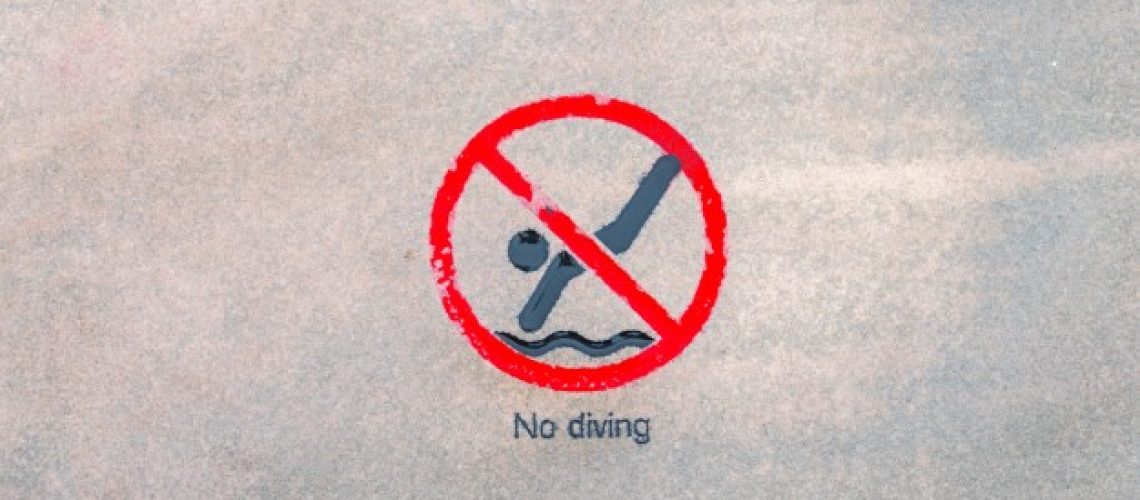The UAE is a wonderful place to live and work and it is unique in many ways. The risks that exist in this part of the world are a unique combination that occurs as a result of the terrain, the weather and the presence of aquatic activities.
Here are 7 simples steps to check yourself safe at the swimming pool.
- Avoid diving! Feet first to enter the pool
Diving into the pool is the common cause of major injuries, especially in shallow water, this will bring to injury of spine, neck, head and face. Pool users often tempted to dive in the pool especially the kids. That’s why lifeguard needs to give extra attention to refrain the pool users from diving.
Instead, we practice the safe entry “feet first” in getting into the water weather it is a swimming pool, lakes, river, sea and any other bodies of water.
- Watch over your children in the water
A swimming pool is one of the most important places for a parent to be off guard. There is always a greater risk of leaving children unattended in the swimming pool.
According to Abu Dhabi Police, parental negligence is a key factor in the prevalence of UAE accidents involving children, pointing out that the majority of drowning incidents involving children are caused by families leaving them unattended, as well as the fact that the children cannot swim and due to the absence of barriers around swimming pools.
Constant adult supervision is necessary to a child you are supervising in or near water. It means eliminate distractions, no long conversation with others, or walking away to attend other duties.
- Stay Hydrated
Dehydration isn’t something most people ponder while swimming. But getting dehydrated while swimming happens more often than what you think.
Enter the pool hydrated from the start. Drink a few cups of water several hours prior to your swim, and another cup 30 minutes before you start. Throughout your swim, replenish lost water by drinking a cup every 15 minutes or so. Within 30 minutes after you leave the pool, drink another cup of water. You should drink before you begin to feel thirsty; by that time, you are probably already dehydrated.
- Don’t Drink & Swim
Alcohol can impair your senses, alter your sense of distance, and make you feel disoriented and confused while in the water. Alcohol can also cause your body temperature to become lower than normal, so if the water is cold you’re much more likely to suffer from hypothermia.
One of the most common ways people get injured while swimming stems from poor decision making. While drinking, your coordination and depth perception will be negatively affected. Drinking is often listed as one of the most significant risk factors for incidents of drowning.
- Sun Safety
It’s natural to want to get out in the sun as the weather warms up. And it’s safe too, as long as you stick to social distancing guidelines and protect your skin.
Ultraviolet (UV) rays from the sun and other sources like tanning beds are the #1 cause of skin cancer. Too much exposure can also cause sunburn, eye damage, and premature wrinkles. Staying in the shade, shielding your skin with clothing, and using a broad-spectrum sunscreen with a sun protection factor (SPF) of at least 30 can help lower your risk.
The sun is strongest between 10 in the morning until 4 in the afternoon; therefore, anytime between 12nn and 2 pm is the best time to seek shade. Even if you reapply sunscreen, take a break and seek out the shady area. Take time to relax and keep yourself hydrated. It’s beneficial for your body and it’s good for your skin.
- Shower before & after swimming
Showering before swimming is one of the best ways to protect yourself and other swimmers from recreational water illness. A thorough shower with soap helps remove perspiration, body oils, cosmetics and traces of urine and fecal matter on the body. Sending those substances down the shower drain goes a long way toward reducing the “eww factor” for everyone who shares the pool, but there is much more to consider.
Showering after you swim will keep your skin from becoming dry. You don’t have to worry about picking up a germ, and you’ll get rid of that chlorine smell. It only takes a few minutes to shower, so make sure you make it a priority. You shower after jogging or lifting weights — think of swimming in the same way! Just because you’re in water doesn’t mean you’re not working up a sweat.
- Follow pool rules
People must follow pool safety regulations. It is recommended that nobody should run near or on the pool floors. Slipping near a swimming pool can also lead the person to fall into the pool which may cause them to drown. Diving injuries can also happen especially when people are unsupervised.
Even though they sometimes seem restrictive, swimming pool rules exist for a good reason. They are designed to protect the health and safety of all pool visitors. That’s why follow lifeguard’s instruction as they are the most qualified person to make a decision in this environment.






